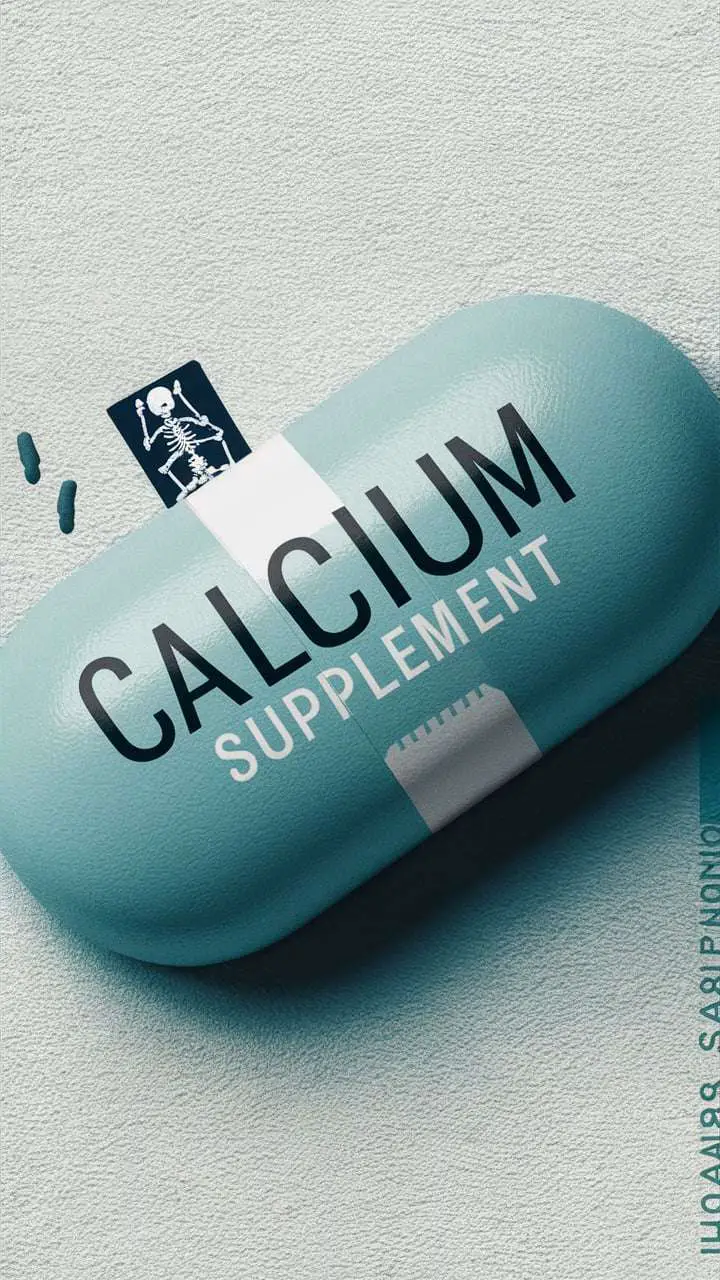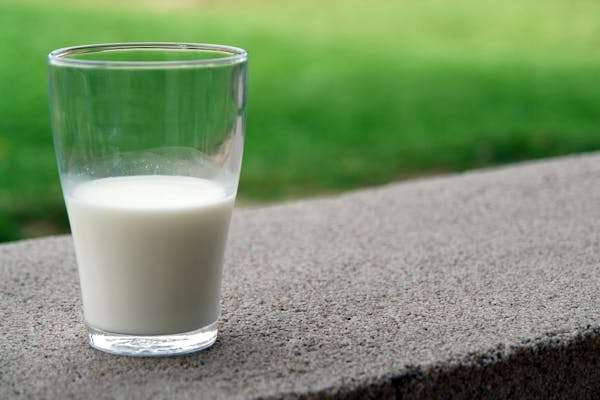Prenatal vitamins and minerals are essential for a healthy pregnancy and the best possible growth of the unborn child. These vital nutrients assist in maintaining the health of the mother and the development of the fetus, preventing frequent problems and building a solid future for your child.
The proper prenatal vitamins and minerals can provide the essential building blocks for your baby’s development, and they can make a big difference in your daily routine.
We will examine the top 5 prenatal vitamins and minerals in this guide, providing you with information on their advantages and how to include them in your diet for a healthy pregnancy.
Folic Acid:

Folic acid, also known as vitamin B9, is a crucial nutrient in prenatal vitamins and minerals. It plays a vital role in the early development of your baby, particularly in preventing neural tube defects (NTDs), which are serious birth defects of the brain and spinal cord.
The neural tube forms in the first few weeks of pregnancy, often before a woman even knows she is pregnant, making folic acid supplementation especially important from the start.
Importance of Folic Acid in Prenatal Vitamins and Minerals
Folic acid helps in the formation of DNA and RNA, which are essential for cell division and growth. Adequate levels of folic acid ensure proper development of the baby’s brain and spine. It is recommended that pregnant women take 400 to 800 micrograms (mcg) of folic acid daily, beginning before conception and continuing through the first trimester. This supplementation is crucial because it helps reduce the risk of NTDs and supports overall fetal growth.
Dietary Sources of Folic Acid
While supplements are a reliable way to meet your folic acid needs, incorporating foods rich in folate (the natural form of folic acid) into your diet is also beneficial. Leafy green vegetables, such as spinach and kale, beans, lentils, and fortified cereals are excellent sources.
By combining these dietary sources with prenatal vitamins and minerals, you can ensure you’re meeting your folic acid requirements effectively.
Iron:
Iron is a vital mineral included in prenatal vitamins and minerals, essential for both maternal and fetal health during pregnancy. It plays a crucial role in the production of hemoglobin, the protein in red blood cells that carries oxygen to various parts of the body.
During pregnancy, your blood volume increases significantly, necessitating higher iron levels to meet the increased oxygen demands of both you and your baby.
Importance of Iron in Prenatal Vitamins and Minerals
Adequate iron intake helps prevent anemia, a common condition during pregnancy that can lead to fatigue, weakness, and complications such as preterm delivery or low birth weight. Iron supports the development of the baby’s organs and tissues and aids in maintaining healthy energy levels for the mother.
Pregnant women are advised to consume 27 milligrams of iron daily, which can be challenging to achieve through diet alone, making iron supplementation in prenatal vitamins and minerals essential.
Dietary Sources of Iron
Two types of iron: heme and non-heme. Red meat, chicken, and fish are good sources of heme iron, which is more readily absorbed. Even while non-heme iron can be absorbed less effectively, it is still a vital nutritional element and can be found in plant-based meals such as beans, lentils, and fortified cereals.
Iron-rich foods can be better absorbed when combined with foods high in vitamin C, such as citrus fruits. Iron is frequently included in prenatal vitamins and minerals to help fulfill the increased needs during pregnancy and ensure the health of the mother and unborn child.
Calcium:
Calcium is a crucial mineral found in prenatal vitamins and minerals, essential for maintaining strong bones and teeth. During pregnancy, your body requires additional calcium to support the developing baby’s skeletal system. Calcium helps in the formation and strengthening of your baby’s bones and teeth, ensuring they grow healthy and strong.

Importance of Calcium in Prenatal Vitamins and Minerals
Since the mother uses up her own calcium reserves to support the growth of the unborn child, maintaining an adequate diet is essential to minimizing bone loss in the mother. It is advised to consume 1,000 mg of calcium every day when pregnant.
The mother runs the risk of osteoporosis and other bone-related problems later in life if she doesn’t get enough calcium. Furthermore, calcium aids in the regulation of other vital biological processes that are critical to the health of both the mother and the fetus, such as nerve and muscle function.
Dietary Sources of Calcium
Calcium can be found in various foods, including dairy products like milk, cheese, and yogurt. Non-dairy sources such as leafy green vegetables, fortified plant-based milk, and tofu also provide calcium.
However, meeting the increased calcium needs solely through diet can be challenging. Therefore, prenatal vitamins and minerals often contain calcium supplements to ensure you and your baby receive adequate amounts, supporting both your health and the baby’s development.
DHA (Docosahexaenoic Acid):
DHA (Docosahexaenoic Acid) is an essential omega-3 fatty acid included in prenatal vitamins and minerals that play a critical role in fetal development. DHA is particularly important for the development of the baby’s brain and eyes, contributing to cognitive function and visual acuity.
Importance of DHA in Prenatal Vitamins and Minerals
DHA aids in the development of the developing baby’s retina and central nervous system throughout pregnancy. Sufficient consumption of DHA has been linked to enhanced cognitive and visual maturation, and it could potentially mitigate the likelihood of premature birth.
About 200 to 300 mg of DHA should be consumed daily. DHA must be obtained from diet or supplements because the body is unable to manufacture it in large enough amounts. DHA is frequently included in prenatal vitamins and minerals to make sure that the mother and unborn child get enough of this vital nutrient.
Dietary Sources of DHA
Fatty fish, including sardines, mackerel, and salmon, are the main sources of DHA. For those who do not consume fish, DHA can be obtained from algae-based supplements, which provide a plant-based source of this critical fatty acid. Including DHA in your prenatal vitamins and minerals helps to ensure that you meet your daily requirements, supporting optimal fetal development and overall maternal health.
Vitamin D:
Vitamin D is a crucial nutrient found in prenatal vitamins and minerals that plays a significant role in maintaining overall health during pregnancy. It is essential for the proper absorption of calcium, which is necessary for the development of the baby’s bones and teeth.
Importance of Vitamin D in Prenatal Vitamins and Minerals
Sufficient consumption of vitamin D contributes to the maintenance of normal calcium levels in the mother and child. This is essential for the growth of the baby’s skeletal system and for avoiding consequences like rickets, which cause infants to have weak or fragile bones.
About 600 to 800 international units (IU) of vitamin D per day are required by pregnant women in order to promote the development of the fetus as well as their own health. Low levels of vitamin D can cause the mother’s bone density to deteriorate and raise her risk of gestational diabetes and preeclampsia.

Dietary Sources of Vitamin D
Vitamin D can be obtained through exposure to sunlight, which helps the skin synthesize the vitamin. Egg yolks, fortified dairy products, and fatty fish (salmon, mackerel) are among the foods that contain it.
However, achieving adequate levels through diet alone can be challenging, especially in regions with limited sunlight. Therefore, prenatal vitamins and minerals often include vitamin D supplements to ensure that both the mother and baby receive sufficient amounts to support optimal health and development.
Conclusion:
Incorporating the right prenatal vitamins and minerals is crucial for a healthy pregnancy and the optimal development of a baby. Important nutrients that support both maternal health and fetal growth include folic acid, iron, calcium, DHA, and vitamin D.
You can make a big difference in the growth of your child and your own health by making sure you acquire these vital nutrients from a balanced diet and specific supplements. In order to customize your prenatal vitamins and minerals to meet your unique needs, always speak with a healthcare professional. Click to learn more.
FAQs:
What are prenatal vitamins and minerals?
Prenatal vitamins and minerals are supplements specifically formulated to support the health of pregnant women and their developing babies. They include essential nutrients like folic acid, iron, calcium, DHA, and vitamin D.
Why is folic acid important during pregnancy?
Folic acid helps prevent neural tube defects in the baby’s brain and spine and supports overall fetal growth. It is recommended to take 400 to 800 micrograms daily before conception and throughout the first trimester.
How much iron is appropriate to take when expecting?
Aiming for approximately 27 mg of iron per day will help maintain increased blood volume and prevent anemia in pregnant women. Iron is necessary for fetal growth and the transportation of oxygen.
How does DHA factor into pregnancy?
An essential omega-3 fatty acid for the brain and eyes of a developing newborn is DHA. It is commonly found in prenatal supplements and aids in the development of cognitive and visual abilities.
How can I get enough calcium during pregnancy?
Aim for 1,000 milligrams of calcium daily through a combination of dietary sources, like dairy products leafy greens, and prenatal vitamins. Calcium supports the baby’s bone and teeth development and helps maintain maternal bone health.
